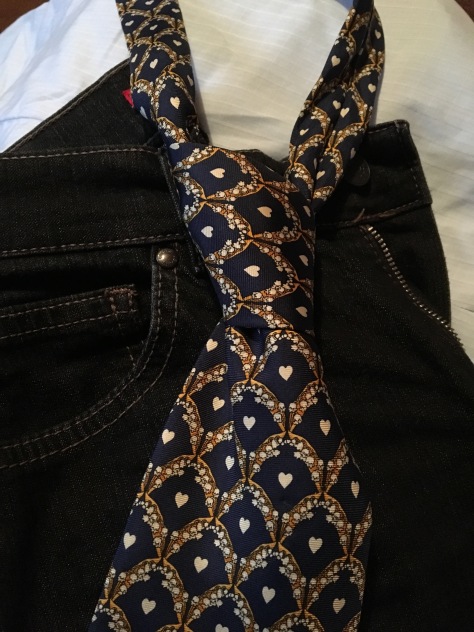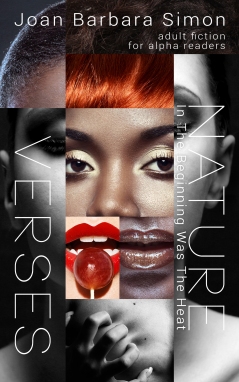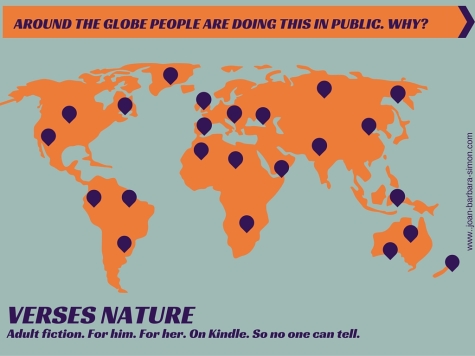
When I ask myself the question: WHO IS PLEASING WHOM???
It’s the first part of a pair. What follows is:
ARE YOU SURE YOU’RE A FEMINIST? I AIN’T SO SURE I’M NOT ONE…
This is the theme of my next non-fiction book. It’s a critical analysis of writing in the feminine and of the (still far too) male-dominated nature of academic discourse. Will we ever dare to speak our own language(s) and survive in today’s academic landscape?
I’ve got several bones to pick in this book. I look at what Nicole Brossard calls writing in the feminine and at just how far we may go in calling this style of writing a new language. I look critically at Brossard’s use of the term we, wondering how (and why) a white middle-class lesbian feminist can claim to be the mouthpiece of all women. I look at what language permits and what its gatekeepers will not allow. I also look at language’s gatekeepers and the extent to which even feminists bow to their demands. This leads me to question the situation of feminist scholars who (must?) continue to speak the ‘old’ patriarchal language. I recall my own experience as a scholar, setting a new accent, being both creative and critical in my writing, only to be told by my feminist tutor and by my feminist examiners that: you don’t do it that way. Why not? Is there really only one way? One language, a single voice, in this day and age where diversity is self-explanatory? When will there ever be change if no one dares? The tension between feminist intentions and the real possibilities of expression within an academic arena become viciously apparent. In this book I also look at the merits of writing in the feminine as, perhaps, a first measure that leads us in a good (I’m not sure that I’m ready to say right) direction. Thought is a journey in language. There can never only be one way. This book is about daring to fly and assessing the risks. I hope you’ll read it when it’s out.
Just so that you know:
The contents of this book are part of my PhD in Creative & Critical Writing. Do you see the joke: if you can’t be creative and critical in a PhD in Creative & Critical Writing, then where? I’ve passed the exam and will receive my diploma by Christmas. Now I can beef up my critique and say it how I mean it.







 From the most beautiful scene-setting in academic writing I have ever read:
From the most beautiful scene-setting in academic writing I have ever read:







